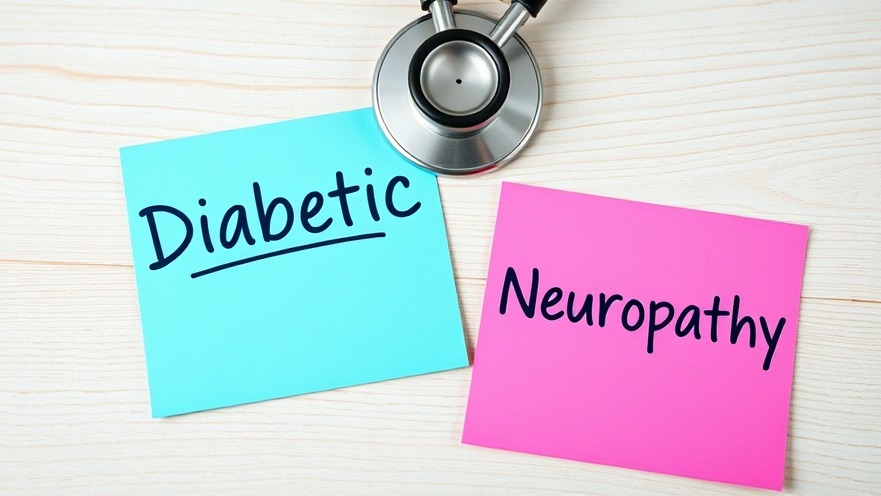
Understanding the Shift: Early Menarche in Today's Girls
The phenomenon of early puberty in girls is gaining more attention as research reveals a concerning trend. A recent Harvard study indicates that girls are starting their menstrual cycles at increasingly younger ages, prompting urgent calls for awareness and proactive measures. Dr. Zifan Wang and her team analyzed data from over 70,000 women, uncovering alarming correlations between early menarche and long-term health risks.
The Health Implications of Early Puberty
Early menarche, defined as the onset of menstruation before age 12, is linked to numerous health complications later in life. According to the study published in JAMA Network Open, those who experience early periods are at heightened risk for obesity, type 2 diabetes, cardiovascular disease, and specific cancers, particularly breast cancer. This alarming trend underscores the importance of addressing the factors contributing to early sexual maturation among girls.
Societal Influences and Childhood Obesity
One significant factor in this trend is the rising rates of childhood obesity, which the study identifies as a primary driver behind earlier menstruation. As society navigates changes in diet and lifestyle, the implications of poor nutrition are becoming increasingly visible. With approximately 46% of the trend towards earlier menarche attributed to body mass index (BMI), there is a clear call to action for parents and communities to prioritize healthy eating habits and physical activity among children.
The Educational Aspect: Conversations That Matter
Educators and parents should consider the importance of open dialogues surrounding reproductive health and wellness. Creating an environment where young girls feel comfortable discussing changes in their bodies can significantly impact their emotional and physical well-being. Additionally, awareness programs that inform families about nutritional choices and exercise can help mitigate risks associated with early puberty.
Supporting Healthy Transitions into Womanhood
As young girls enter puberty earlier, the focus must also shift toward supporting their emotional health. Early maturation doesn’t come without psychological challenges, as girls may feel pressure to adapt to adult expectations. Schools should implement programs that foster self-esteem and resilience, helping girls navigate these changes while maintaining their mental well-being.
Equity and Health Disparities
The study also highlighted significant disparities in menarche timing among different ethnic groups and socioeconomic statuses. For instance, earlier menarche was more prevalent among non-Hispanic Black and Asian girls compared to their non-Hispanic White counterparts. Understanding and addressing these disparities is crucial for developing targeted interventions that will benefit all segments of the population.
Looking Ahead: What Can Be Done?
The findings from this research serve as a wake-up call for health professionals, parents, and educators alike. Strategies should focus on not only nutrition and physical health but also emotional support systems for young girls facing these transitions. Public health campaigns advocating for healthier lifestyles among children and increased awareness of the impacts of early menarche can help promote overall well-being.
Your Role in This Crucial Journey
As professionals and parents, we have the opportunity—and obligation—to foster a healthier environment for our children. By prioritizing education around health and wellness, advocating for nutritional improvement, and promoting activities that support both physical and mental health, we can navigate this concerning trend toward early menarche together.
For readers keen on enhancing the well-being of the younger generation, now is the time to take action. Engage in conversations surrounding health, support public policies that promote child wellness, and be proactive in creating nurturing spaces for girls to thrive.
 Add Row
Add Row  Add
Add 




Write A Comment